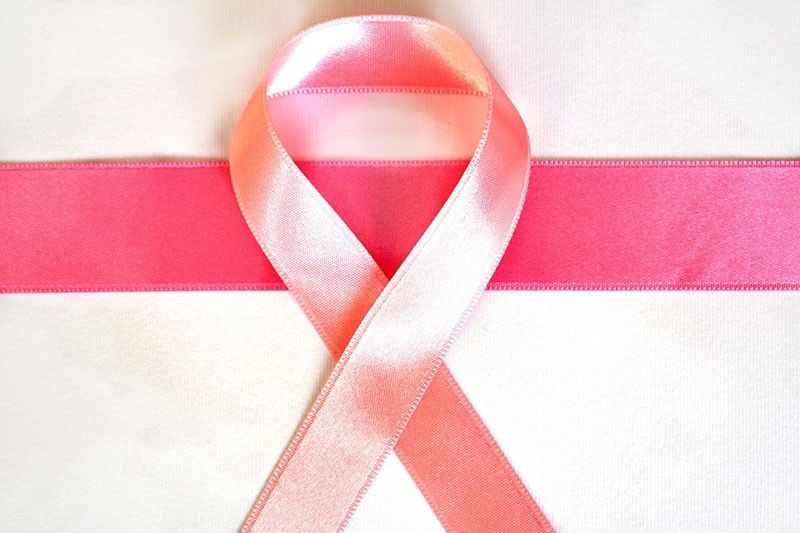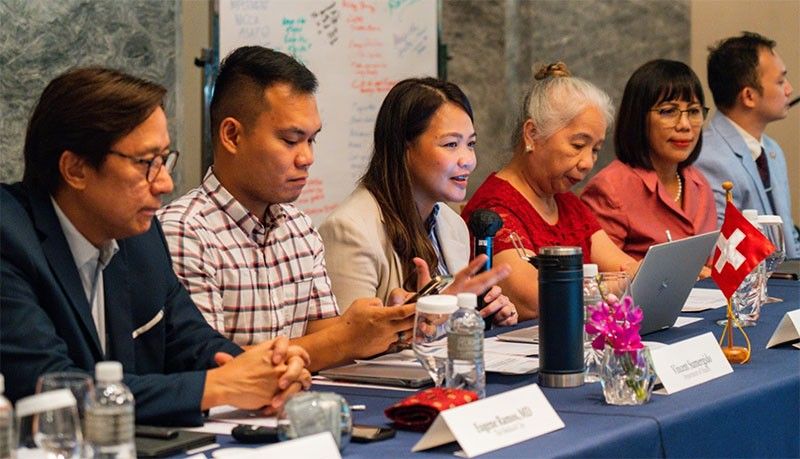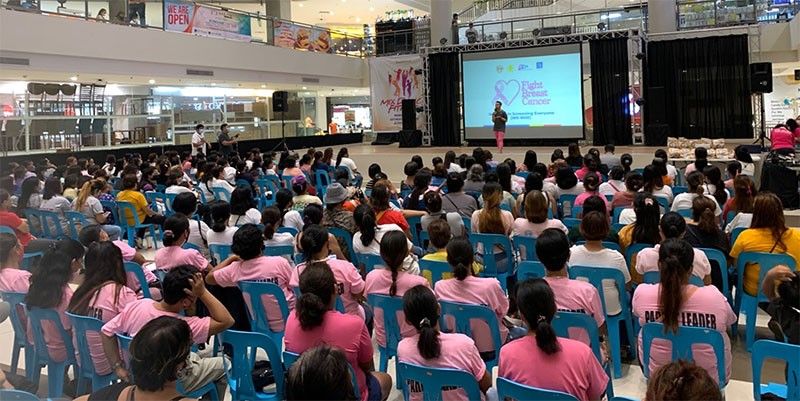Advocating for cancer survivorship: Conversations close to the heart (Part 2)


Cancer is a formidable adversary, one that affects countless lives worldwide, and the Philippines is no exception. In our previous column, we underscored the critical importance of advocating for cancer survivorship, particularly in a country where a staggering 27,000 new cases are reported each year.
These “cancer conversations" serve as the first crucial step in addressing the disproportionately high number of advanced cancer stages diagnosed.
Our advocacy strives to break down barriers to early detection, reduce the stigma surrounding cancer, and influence policymakers, agencies, and institutions to enhance cancer care.
Let's delve deeper into the landscape of cancer care in the Philippines, highlighting the challenges and initiatives that are shaping the future of healthcare for cancer patients.
One significant challenge facing cancer care in the Philippines is the absence of a nationwide screening program for breast cancer.

To combat this issue, Novartis Healthcare Philippines Inc., in partnership with the Philippine Cancer Society (PCC) and ICanServe Foundation, joined hands with the Swiss Chamber of Commerce of the Philippines to organize a five-part Roundtable Discussion (RTD) series. This initiative aims to raise awareness about breast cancer, bridge gaps in breast cancer care, and empower patients by addressing pain points in their journey.

Throughout the RTDs, the panelists underscored the importance of early diagnosis and prompt treatment, and fostering collaborative partnerships to enhance the survivorship of breast cancer patients.
Dr. Corazon Ngelangel, President of the Philippine Cancer Society, elaborated on the seven stages in a breast cancer patient's journey, emphasizing the transformative impact of diagnosis, treatment, and prognosis on a patient's daily life.
Meanwhile, Dr. Manuel Roxas, Medical Director of AC Health, emphasized the need for quality of care, stating that “it’s value based care, where you're driving high quality, but, of course, at reasonable costs. And to drive quality, we need to measure outcomes.”
If you know someone close to you dealing with cancer, then you must be aware that the journey is no easy one, with milestones in aspects such as personal change, trust-building with physicians, resuming one's role as a woman, navigating uncertainties, and building a support network.

There’s a long road ahead for cancer care in the country, but as I served as the moderator between the experts and leaders of health institutions, providers, and agencies, I also witnessed an exchange of hope through ideas, suggestions, and plans for the healthcare sector.
Dr. Eugene Ramos, President and CEO of the Medical City, outlined the vital role of healthcare institution executives in cancer patient survivorship. Their responsibilities include comprehending the bigger picture of cancer care, ensuring early diagnosis and appropriate treatment, providing access to value-based cancer care, fostering partnerships with research institutions, and nurturing the next generation of healthcare professionals.
Meanwhile, Dr. Alfonso Nun?ez III, Medical Center Chief of East Avenue Medical Center, representing DOH Secretary Dr. Ted Herbosa, acknowledged the pressing issue of cancer's widespread impact, both globally and in the Philippines. He highlighted the need to champion the needs of cancer patients, especially those battling breast cancer.
And in the quest for early detection and improved cancer care, Dr. Gerardo Legazpi, Director of the Philippine General Hospital (PGH), shared the hospital’s introduction of the "Alagang Bestfriend Program."
This initiative includes a mobile van equipped with digital mammogram/ultrasound facilities and a medical oncologist and surgeon who can perform biopsies as needed. The implementation of this program shed light on the much-needed help that many patients were looking for: “Alagang Bestfriend” has already led to a 6% pick-up rate of breast cancer cases in the community. And like a true best friend to all patients, PGH also adopted a one-stop shop approach for diagnosis, and ensured the availability of all necessary pathological studies.
Dr. Legazpi also proudly shared that they're actively working on establishing a center for clinical genomics and precision medicine.
Furthermore, Dr. Nuñez, as Interim Executive Director of the Philippine Cancer Center, shed light on various support mechanisms for cancer patients, including the Healthcare Provider Network (HCPN) and the Cancer and Supportive-Palliative Medicine Access Program (CSPMAP). Here, financial support services were made available through PhilHealth Insurance, DOH Malasakit Program, and other government agencies, along with privileges for cancer patients and survivors.

In support of this, Joel Chong, the Country President of Novartis Healthcare Philippines, encouraged key experts among the panelists to “embrace this patient-centric approach as we continue to innovate and make a positive impact on the lives of countless individuals around the world.”
Witnessing these remarkable strides in cancer care in the Philippines, it becomes essential to acknowledge and applaud the organizations, agencies, and individuals actually committed to improving the healthcare system for cancer patients. We also need to commend the organizers of events such as these where stakeholders can participate, collaborate and work together. Kent Marjun Primor (Director of Operations, Swiss Chamber of Commerce of the Philippines) assures, this is just the start of a long, continuing conversation, not just on cancer care, but on the overall healthcare system in the country.

Early detection, trust in care providers, and collaborative efforts are the cornerstones of our journey toward enhanced cancer survivorship.
Let's stand together in advocating for better cancer care in the Philippines! Let’s support the call to action presented by ICanServe Foundation’s Ms. Kara Alikpala: to commit to achieve the targets set by the World Health Organization’s (WHO) Global Breast Cancer Initiative – the diagnosis of at least 60% of breast cancers between stage I and II, complete evaluation within 60 days, and enable 80% of patients to undergo treatment and return home.
It's a cause close to our hearts, one that holds hope for countless individuals and families affected by this relentless disease. Through collective action and unwavering support, we can make a significant difference in the lives of cancer survivors and those yet to face the challenges of this battle.
___
You can follow my social media accounts: Instagram, Facebook, YouTube, Tiktok, Twitter and Kumu. Please share your stories or suggest topics at editorial@jingcastaneda.ph. Watch Pamilya Talk on Facebook, YouTube and Kumu (@JingCastaneda – 12:00 noon, Monday) and on Jeepney TV every Saturday at 5 p.m.


















